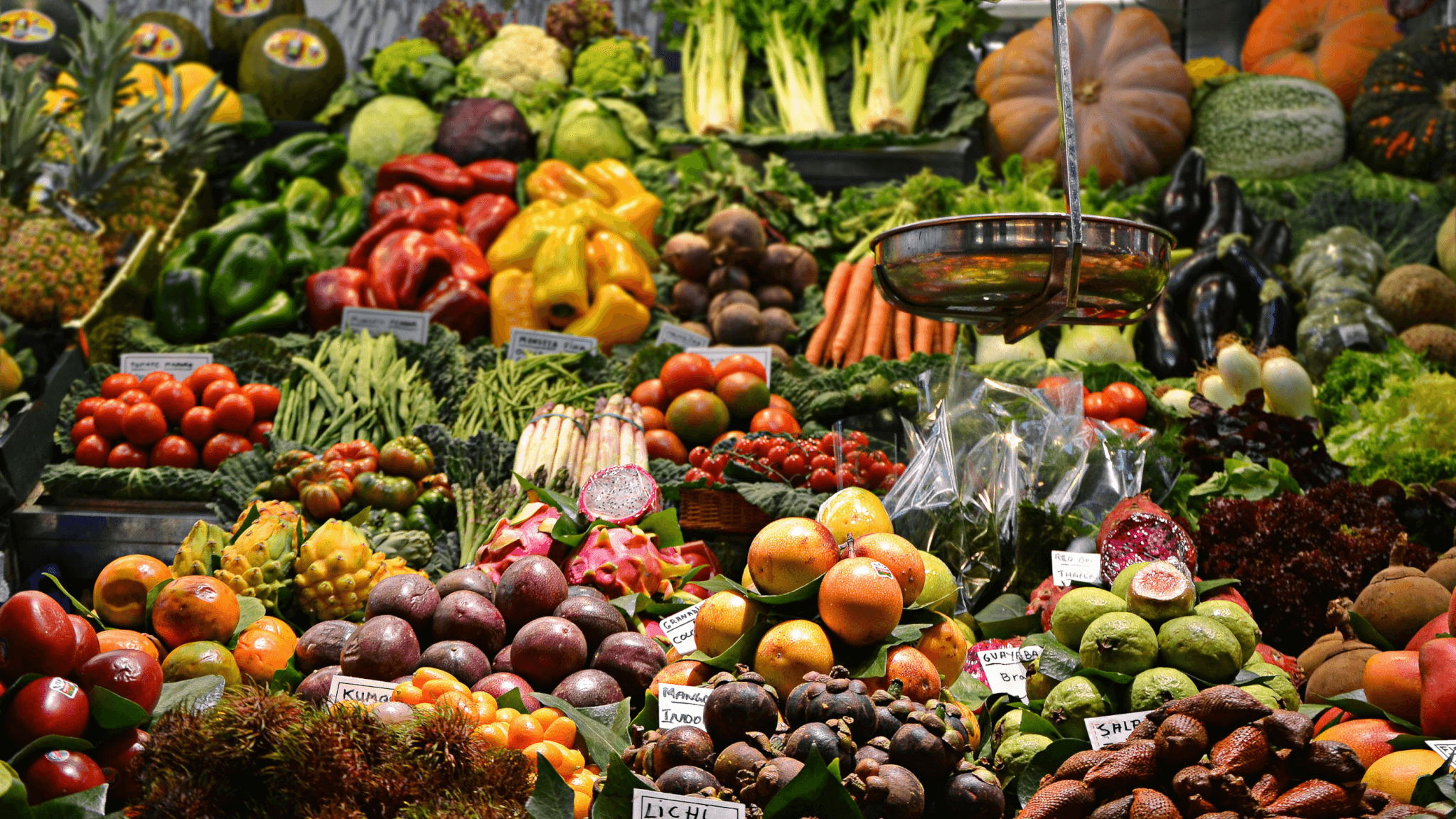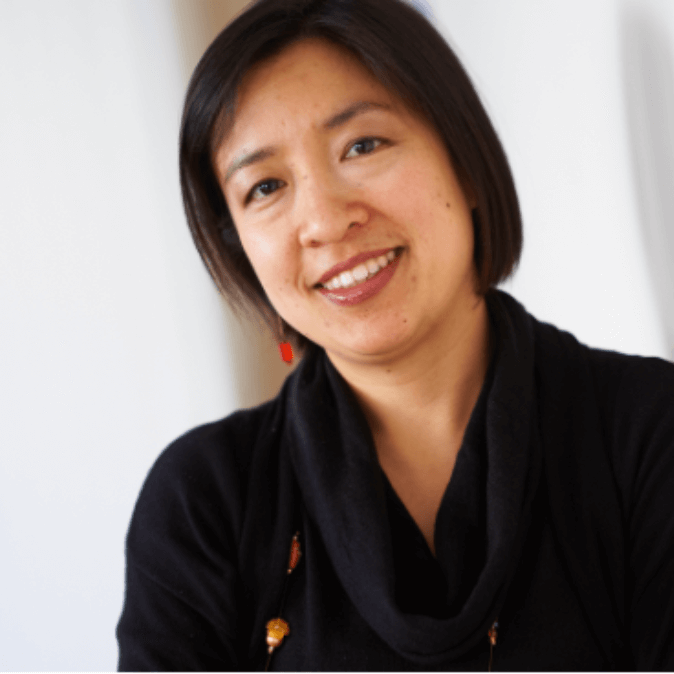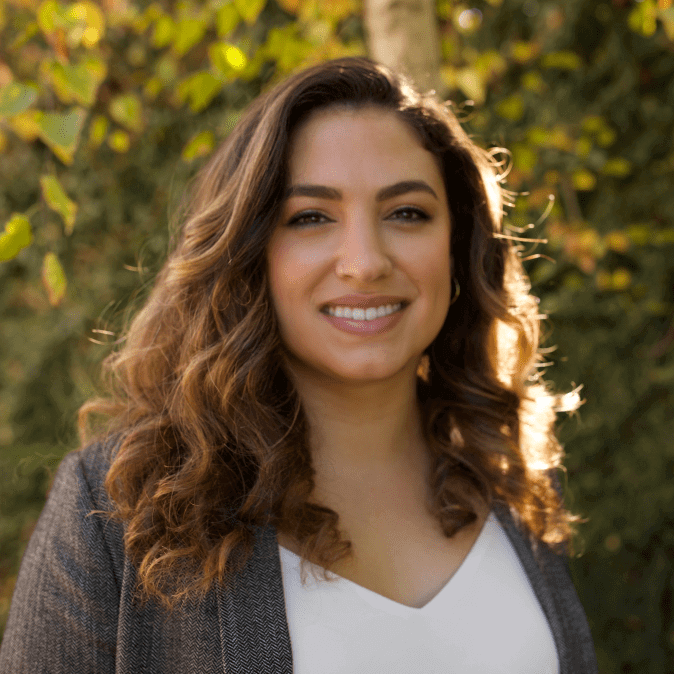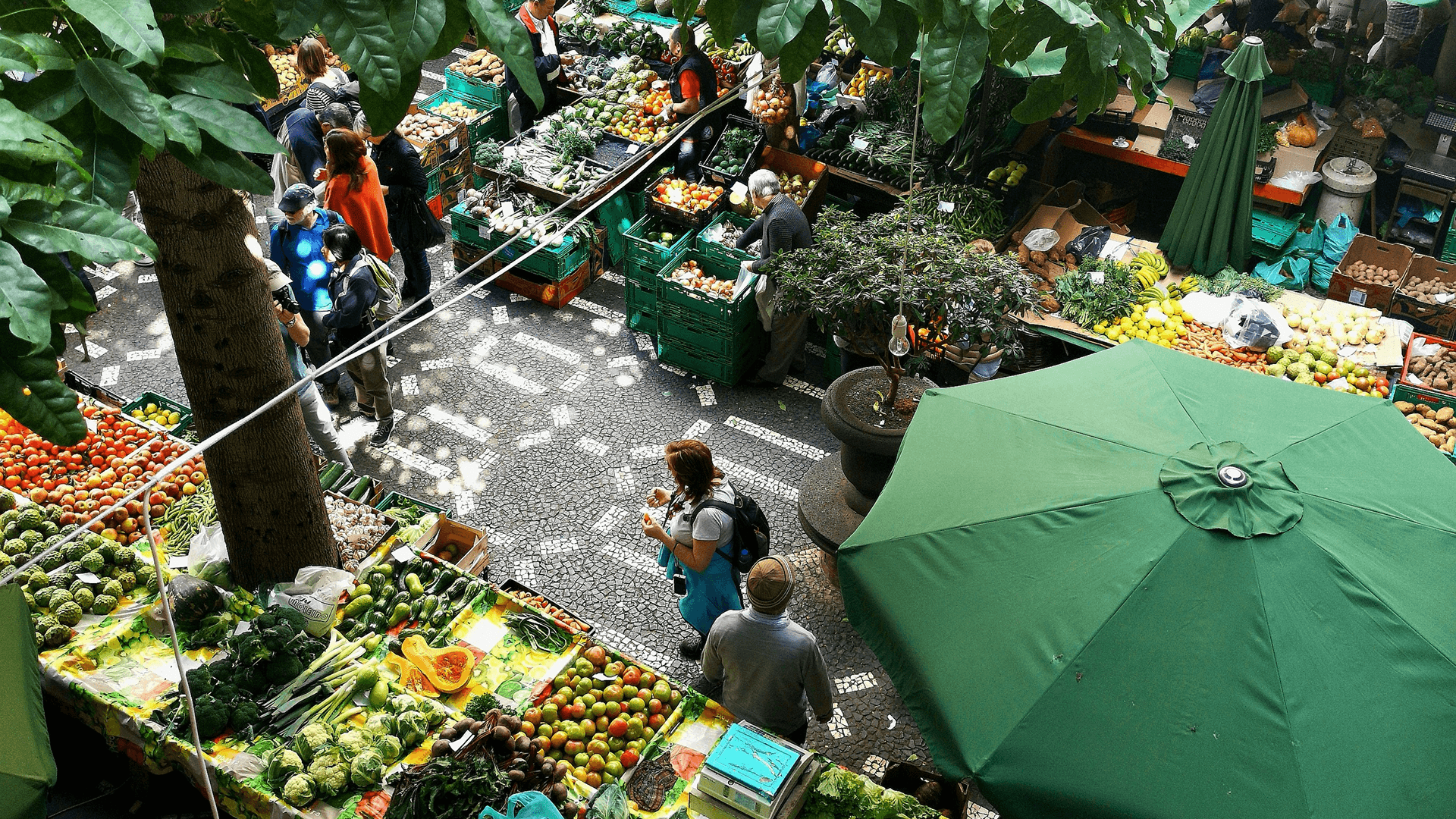
ClimateWorks Foundation’s Food and Agriculture program is committed to transforming food systems to help end the climate crisis; improve health and nutrition, food security, and water and air quality; protect biodiversity; and ensure communities thrive. Patty Fong joined ClimateWorks earlier this year as the program’s director, bringing to the team many years of experience in applying a systems approach to scaling solutions on food and climate.
Patty recently sat down with Emily Espinosa, a senior associate in marketing and communications at ClimateWorks, to discuss the opportunities and challenges in aligning food and agricultural systems with climate goals — and how philanthropy can drive progress.
This interview has been edited for clarity and length.
Emily Espinosa: What’s exciting for you about your role as director of the Food and Agriculture program at ClimateWorks?
Patty Fong: I started my career in climate philanthropy more than 25 years ago. I was the founding COO at the European Climate Foundation and then served as program director for the Energy Efficiency and Buildings programs. In other words, I’ve been part of the broader ClimateWorks network since its inception and as it evolved over time with climate philanthropy.
Next, I joined the Global Alliance for the Future of Food to lead their climate and health portfolios because I saw a critical need to connect the food and climate agendas. A key objective was to center food systems in the United Nations Climate Change Conference (COP)’s political agenda in collaboration with passionate advocates from around the world. Five years on, we progressed more quickly than I expected, with 160 countries signing on to the COP28 Leaders Declaration on Sustainable Agriculture, Resilient Food Systems, and Climate Action.
Now is the time to turn rhetoric into action on food and climate. ClimateWorks and its influential ecosystem are key to this next phase. I am thrilled to be joining a community with a broad range of expertise on addressing the climate crisis. And I am excited to be bringing my food systems perspective and to continue working with colleagues to connect advocacy and grassroots agendas across sectors for greater impact.
EE: What are key opportunities for transforming global food systems to better align with climate goals?
PF: First, we need to understand the political economy of food. Yes, food systems are responsible for one-third of global greenhouse gas (GHG) emissions and are hugely impacted by climate change. But food is also personal, it’s about culture and communities, and it’s highly political. Concerns about food security and farmer livelihoods are driving the political and investment priorities of just about every country. However, these are complex issues with competing interests including trade, debt, conflict, and resource scarcity. We need to better understand the food security agenda, align climate action with healthy and sustainable diets from regenerative and agroecological food systems, and tackle the false narratives around our industrial food systems.
Second, there is growing philanthropic interest in scaling alternative solutions such as regenerative agriculture, agroecology, and diversified sources of protein. However, there is not enough attention given to the vested interests holding back change. The agrochemical and agrifood industries use the same influence playbook as the fossil fuel industry. If we do not hold existing players to account and change the rules of the game, they will fight hard to maintain the status quo and block transformative change.
EE: What do you consider the biggest challenges we face in making progress on improving food systems?
PF: As I mentioned, one challenge is that there are a lot of very powerful vested interests in the current industrial system that are blocking the necessary change that we need to see. So, we need more transparency around how these interest groups are profiting from the system and even greenwashing their commitments. There must be a transition to an alternative pathway rooted in healthier, more sustainable food systems for all.
A second challenge is that there are a lot of incorrect dominant narratives that underpin the current political priorities — the policies and investments that support polluting, harmful, and unhealthy industrial food systems. For example, a common narrative around food security is that we need to maximize the yield to feed 10 billion people by 2050. In reality, we are already producing enough food to feed those people today, yet hundreds of millions of people still face food insecurity and hunger, which are driven by issues such as distribution, access, and cost. A third of the food produced is either lost before it leaves the farm or wasted along the way in the production process and by consumers. So, there are important questions around how we produce and consume more nutritious and sustainable food — and how local communities can nourish themselves. It’s about building resilience and supporting more localized food systems.
A third challenge is the complexity of global industrial food systems. It’s not only about issues around how society produces food, which includes practices that degrade the land, lead to soil loss, pollute the water and air, and contribute to GHG emissions. It’s also about where society produces food, which intersects with issues like deforestation in the Amazon. It’s about what kinds of food society is producing: for example, instead of feeding people, the United States government is spending public money to subsidize commodities like corn, which is used for bioenergy, livestock feed, and industrial products like high fructose corn syrup. Finally, the challenge is about how people consume food, which connects with the issue of food waste and the overconsumption of meat and dairy in many societies.
All of these issues are very much intertwined with the fossil fuel system embedded in our societies. While at the Global Alliance for the Future of Food, I led a report that found that food systems account for at least 15% of global fossil fuel use every year, equivalent to the emissions from all European Union countries and Russia combined. Fossil fuels are embedded into the production and use of agrochemicals, such as pesticides and fertilizers. Food processing and packaging — all those shelf-stable packaged foods full of sugar-, salt- and fat-laden ingredients and additives — represent a whopping 42% of energy use. Retail, consumption, and waste — including transport, supermarket refrigeration, and cooking — represent another 38% of energy use.
EE: What role can philanthropy play in transforming food systems?
PF: Philanthropy has an opportunity to be quite flexible in how it engages on this and other issues. At ClimateWorks, we have a unique role in helping amplify insights and evidence from our partners and grantees. We can convene philanthropies, businesses, investors, and civil society around challenges and support multi-stakeholder coalitions. We can also invest in projects that are difficult for either the public sector or the private sector to invest in.
Philanthropy can commission analysis and support strategic communications to shift the dominant narratives that are underpinning unhealthy, unsustainable food systems.
Philanthropy can also support efforts by civil society to advocate for policy and legislative changes. This work includes building power, connecting movements on the ground, and supporting frontline leaders impacted by industrial food systems.
There is also a role to play in engaging with corporate actors and holding them accountable for keeping their climate commitments and translating them into their supply chain investment decisions. This involves increasing transparency around how business practices hurt or support health, climate, nature and biodiversity, and human rights.
Finally, philanthropy can help redirect financial flows. There are no guardrails for many current subsidies, which prop up the most polluting and harmful practices. We can support efforts to repurpose these subsidies and redirect taxpayer money toward sustainable and healthy practices.
EE: How can we create food systems that are not only climate-friendly but also ensure healthy, thriving communities?
PF: Frontline communities are the most impacted by industrial food systems and also hold many of the available climate solutions, including those related to food systems.. It’s necessary to support these communities in a way that is informed by lived realities and finds common values and objectives — all while working to effect change on a global scale. After all, who doesn’t want access to healthy and sustainable food?
In order to prioritize positive outcomes for all, especially those bearing the greatest costs from unhealthy, polluting and harmful food systems , we must also focus on how we do philanthropy, and that’s something that I’m looking to lean into with the Food and Agriculture Program.
EE: What gives you hope and keeps you energized about this work?
PF: Transforming food systems is highly complex, but what gives me hope is that everyone is an expert on food. It’s highly personal; everyone has some form of relationship with food, including through cultural and family traditions. So, how do we build on this tangible connection? For me, this is an opportunity, and it gives me hope that we can find a way forward if you can just find the right framing that connects us all.


